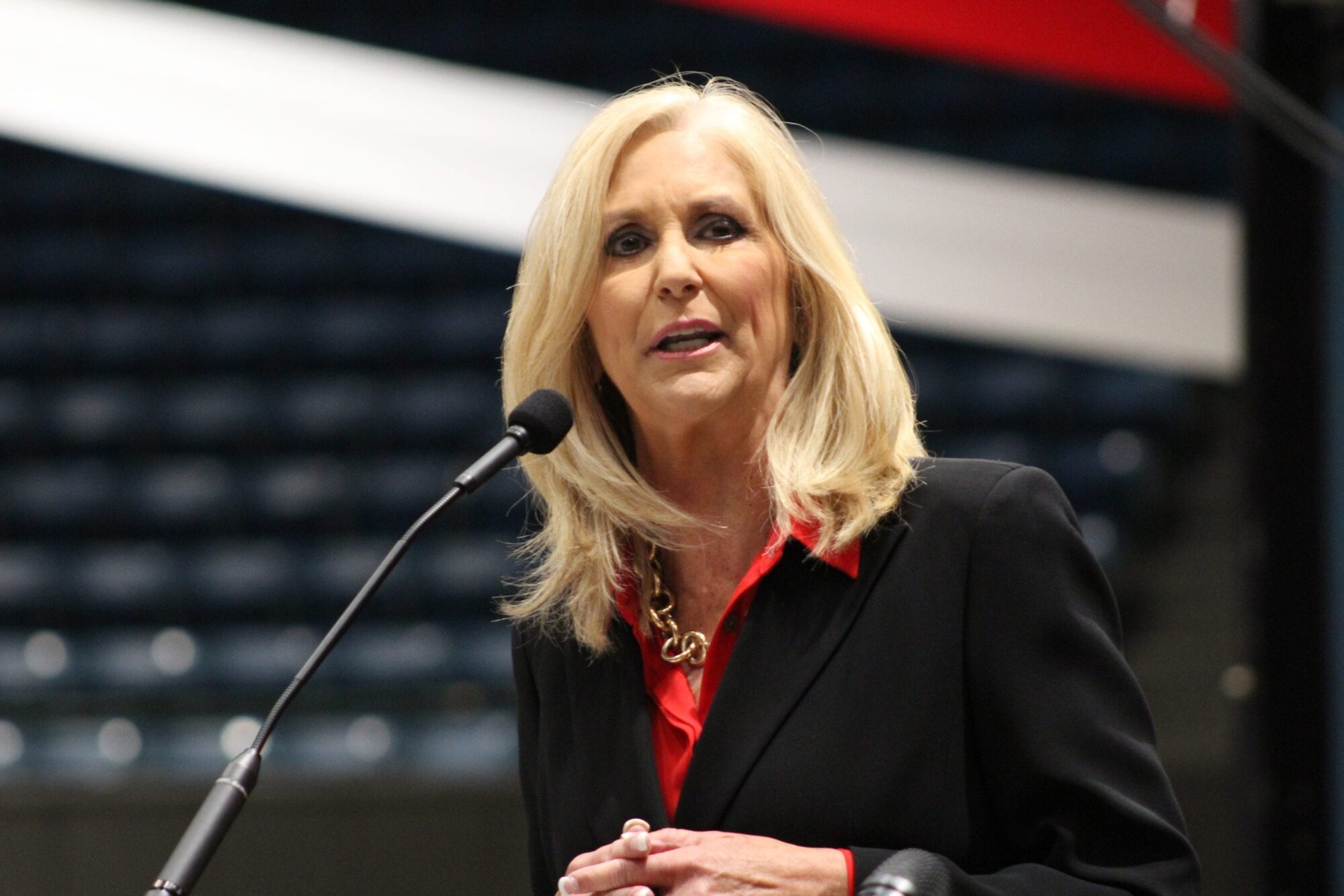
Attorney General Lynn Fitch
The statement has been signed by over 8,700 citizens, as well as state legislators, U.S. Senators, and members of Congress.
On Thursday, Mississippi Attorney General Lynn Fitch became the first State Attorney General to sign the Women’s Bill of Rights.
The statement is sponsored by the Independent Women’s Voice and affirms the legal basis for maintaining single-sex spaces, like rape crisis centers, domestic violence shelters, athletic teams, locker rooms and sororities.
Attorney General Fitch joined her fellow State Attorneys General in several lawsuits, amicus briefs, and letters to fight against the Biden Administration’s efforts to mis-apply Supreme Court precedent and read an expansive definition of sex and sex discrimination into Title IX and other school programs.
Fitch said that feminism, once understood as the way to promote equality for women, is today disintegrating in an identity crisis of its own making.
“But it is not only legitimate for women to have a space of their own in which to grow and thrive, it is good for society to carve out that safe space for women to engage with one another in athletics, education, fellowship, and sometimes even in healing,” Fitch stated.
Heather R. Higgins, CEO of Independent Women’s Voice, said that they are grateful for AG Fitch’s support.
“Too often, radical activists attack and try to silence anyone who speaks the truth about biological sex-differences. By supporting the Women’s Bill of Rights, AG Fitch has demonstrated that she is willing to stand up for equal opportunity, for common sense, and for science,” Higgins added.
The Women’s Bill of Rights argues that there are legitimate reasons to distinguish between the sexes with respect to athletics, prisons or other detention facilities, domestic violence shelters, rape crisis centers, locker rooms, restrooms, and other areas “where biology, safety, and/or privacy are implicated.”
“Policies and laws that distinguish between the sexes are subject to intermediate constitutional scrutiny, which forbids unfair discrimination against similarly-situated males and females but allows the law to distinguish between the sexes where such distinctions are substantially related to important governmental objectives,” the statement said.
“Any public school or school district and any federal/state/local agency, department, or office that collects vital statistics for the purpose of complying with anti-discrimination laws or for the purpose of gathering accurate public health, crime, economic or other data shall identify each individual who is part of the collected data set as either male or female at birth,” the statement continued.











